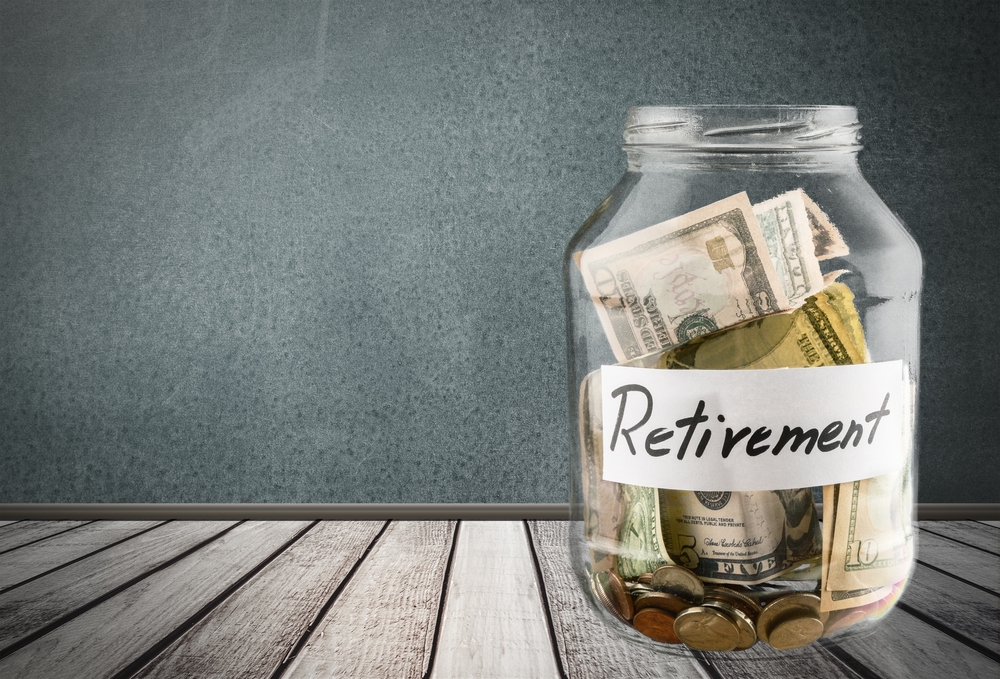Retirement is a part of life that you eagerly anticipate, as leaving the workforce gives you more time for your favorite activities. However, if you are weighed down with debt, your retirement picture is cloudier. Chapter 13 bankruptcy may be an option to discharge debt, but you may be concerned about putting your retirement savings at risk.
It is important to talk to a Chapter 13 bankruptcy attorney in Arizona on whether you can keep your retirement because every case is different. However, there are some default rules and basic laws to help you understand the concepts.
Overview of Chapter 13
It is possible to discharge debt through Chapter 13, but the rules aim to pay back creditors instead of a straight discharge. The main component is the debt repayment plan that you develop to satisfy your debts. To qualify for Chapter 13, you must have employment and a source of income that enables you to stay current with payments. Your debts are reorganized as part of the process, and they will be restructured into a lower amount.
Your debt repayment plan will last for 3 to 5 years, and you will end up paying an amount that is far lower than what you owe for your debts. Qualifying debts are discharged after the case after you complete the plan.
Note that Chapter 13 is an attractive option for many filers who want to keep their assets and avoid liquidation. The bankruptcy trustee cannot sell your property in Chapter 13, but liquidation is part of the Chapter 7 bankruptcy process.
Your Retirement Savings in Chapter 13
A federal law, the Employee Retirement Income Security Act (ERISA), provides many types of work-related protections for employees. There are provisions regarding retirement savings plans and how they are treated in bankruptcy. In Chapter 7, ERISA protects retirement by prohibiting it from being liquidated. With Chapter 13, the implications of bankruptcy and retirement savings are different:
- Chapter 13 requires you to have a source of income to pay the debt repayment plan. The income you receive through your retirement savings qualifies.
- Your total income also helps determine the percentage you pay back to creditors since you will not be paying the full amount of the debt due. When you receive distributions from retirement savings, this will count for purposes of your debt repayment plan.
Do’s and Don’ts Before Filing Chapter 13
From the description of what happens to your retirement savings in bankruptcy, you can see how it is important to leverage the income. It may benefit your situation to take distributions by a certain date before you file, so this income can be considered. Alternatively, it may be best to wait until the Chapter 13 process concludes. Your Arizona bankruptcy attorney will also explain some additional Do’s and Don’ts:
- DO continue to pay your mortgage before filing and during your case.
- DON’T sell off assets for less than fair market value, as the transaction could be voided by the bankruptcy trustee.
- DO carefully consider your goals in terms of retirement and how bankruptcy fits into your plans.
- DON’T buy luxury goods, make extravagant purchases, or accumulate extreme debt in the months before filing bankruptcy.
- DO keep Chapter 7 bankruptcy open as an option. You can still keep your retirement savings in Chapter 7, because of ERISA protections. Your case will be complete in 4 to 6 months, as opposed to the 3 to 5 years for a Chapter 13 case.
Other Bankruptcy Rules to Know
Knowing the role that your retirement savings play in Chapter 13, you can turn to some of the other important facts about bankruptcy. For instance:
- Before filing a bankruptcy petition, you must enroll in and complete a credit counseling session. The objective is to ensure you understand your credit situation and determine if bankruptcy would be an option.
- Upon filing your Chapter 13 case, the court issues the automatic stay in bankruptcy that stops creditors from taking any legal action against you. It prohibits creditors from suing you in a collection lawsuit, garnishing your wages, and foreclosing on your home.
- Bankruptcy discharges unsecured debt, such as credit cards, medical debt, lines of credit, and other personal loans. You cannot discharge your mortgage in bankruptcy, though you can roll arrearages into your Chapter 13 debt repayment plan.
- Some debts are not dischargeable at all, such as alimony, child support, and certain taxes. You will still owe these amounts once your case is complete.
Speak to an Arizona Chapter 13 Bankruptcy Attorney Today
Protecting retirement savings is an important goal in a Chapter 13 bankruptcy case, and you can trust our team at DebtBusters to help you see it through. For additional details, please contact our offices in Scottsdale, AZ at (866) 223-4395 or visit us online. We can schedule a free consultation with an experienced Chapter 13 lawyer.
Related Content: Can I Keep My House and Car if I File for Bankruptcy in Arizona?







